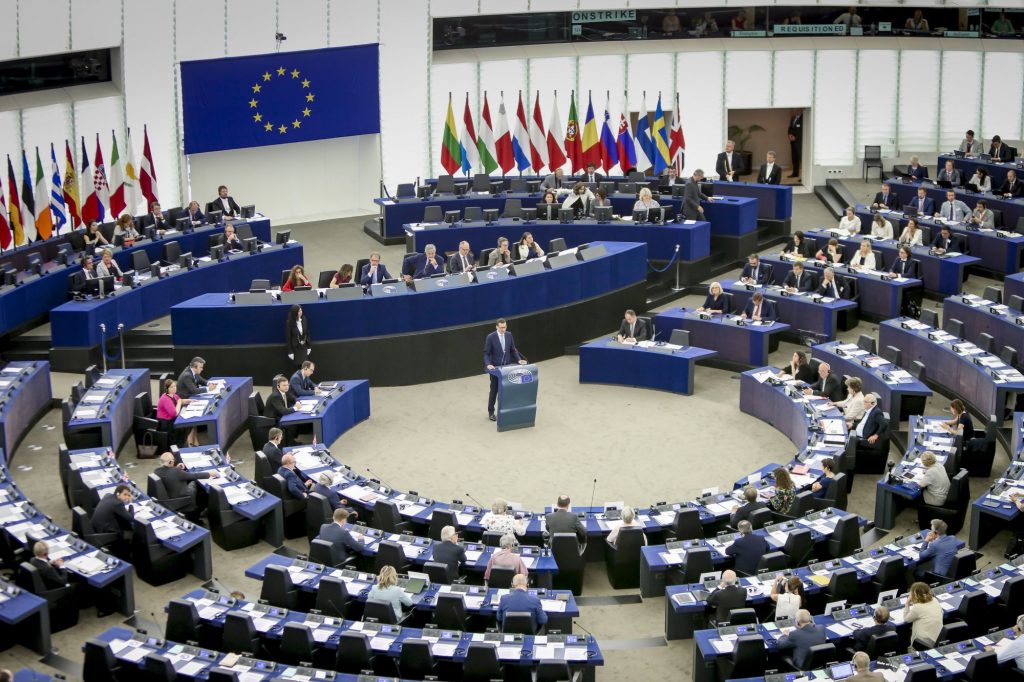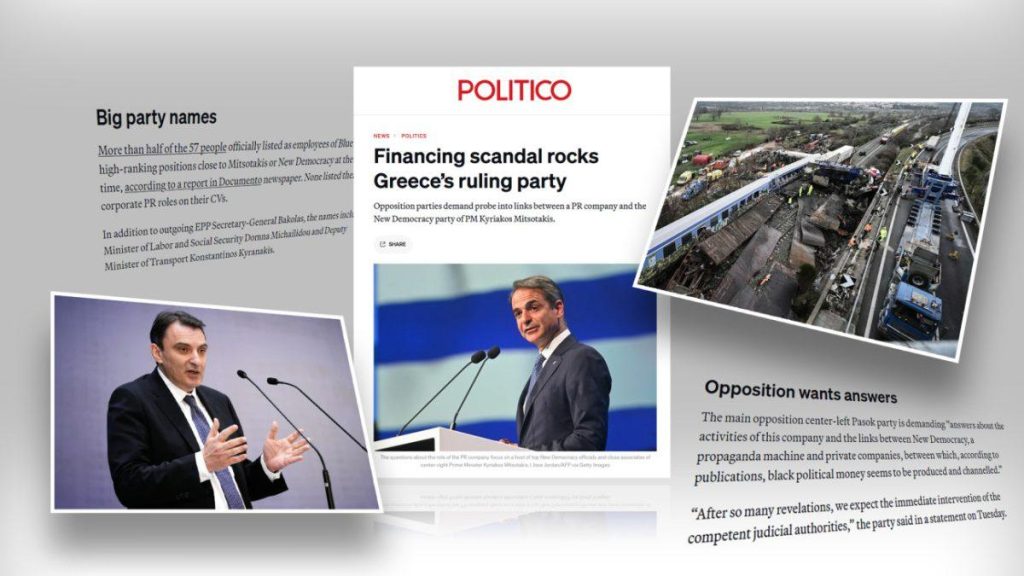The European Council has adopted a new law, the European Media Freedom Act (EMFA) to safeguard media freedom, media pluralism, and editorial independence in the EU.
The European Media Freedom Act (EMFA) will establish a common framework for media services in the EU’s internal market and introduce measures to protect journalists and media providers from political interference, while also making it easier for them to operate across the EU’s internal borders.
The new rules will guarantee the right of citizens to access free and plural information and define the responsibility of member states to provide the appropriate conditions and framework to protect it.
The law is particularly significant for Greece, as the European Parliament adopted a damning resolution in February highlighting serious offenses regarding freedom of the press and the Rule of Law.
The resolution also highlighted media pluralism in Greece and journalists’ safety, with MEPs denouncing the lack of progress in the case of the murder of Giorgos Karaivaz, a Greek investigative journalist who covered organized crime and was assassinated on 9 April 202 in April 2021.
The EP document also denounced the fact that journalists faced physical threats and verbal attacks (from high-ranking politicians), breaches of their privacy through surveillance software, and abusive lawsuits, including those from the Prime Minister’s environment, a clear reference to Grigoris Dimitriadis, PM Mitsotakis’s nephew who served as his chief of staff and the head of the country’s secret service.
Growing threat to media freedom
The European Media Freedom Act (EMFA) responds to rising concerns in the EU about the politicization of the media and the lack of transparency of media ownership and of allocation of state advertising funds to media service providers. It seeks to put in place safeguards to combat political interference in editorial decisions for both private and public service media providers, protect journalists and their sources, and guarantee media freedom and pluralism.
A new media services board
The EMFA builds on the provisions of the 2018 audiovisual media services directive (AVMSD). In particular, it introduces an independent European board for media services to replace the regulators group (ERGA) established under the AVMSD. The board will be composed of national media authorities and will advise and support the Commission and promote the consistent application of key provisions of the new EMFA law and the AVMSD in all member states, including by providing opinions and helping the Commission to produce guidelines.
Next steps
The regulation will now be signed, published in the EU’s Official Journal and enter into force 20 days later.
Background
Media freedom and pluralism are enshrined in the Charter of Fundamental Rights of the European Union and the European Convention on Human Rights. However, recent reports from the Commission and the Media Pluralism Monitor have highlighted a number of concerns in the EU regarding issues such as the politicisation of the media, transparency of media ownership and the independence of national media authorities.
The European Media Freedom Act was announced by President Ursula von der Leyen in the 2021 State of the Union Address. On 16 September 2022 the Commission published its proposal for a regulation establishing a common framework for media services in the internal market. The EMFA proposal set out new rules to protect media pluralism and independence in the EU. Negotiations between the Council and the European Parliament concluded with an agreement on 15 December 2023.




